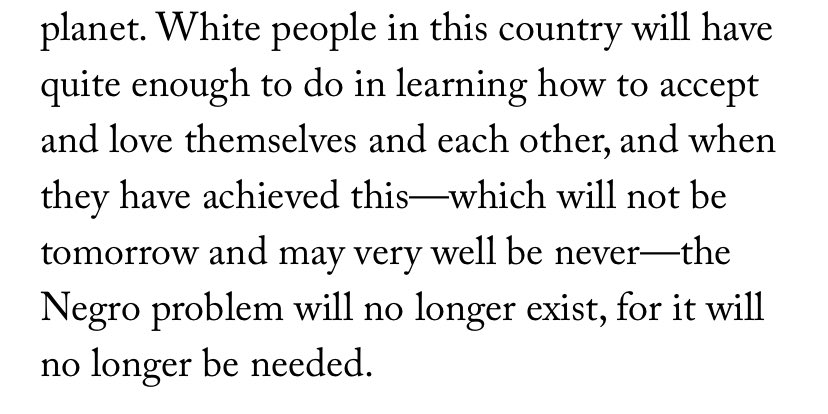These are not only two completely different understandings of racism, they are completely opposite. The first is by @DrIbram , the second is by James Baldwin.
Dr. Kendi fails to understand that supremacist modes of thinking are products of deep insecurity & self-contempt.

Dr. Kendi fails to understand that supremacist modes of thinking are products of deep insecurity & self-contempt.


HTBAA is an astounding panoply of contradictions; the author claims that it is racist to hold an entire community responsible for the actions of individuals & then proceeds to do exactly that to white Americans all while insisting it’s not people who are responsible, but policy.
So which one is it?
(Hint: it’s both, as people are responsible for creating policies.)
(Hint: it’s both, as people are responsible for creating policies.)
Correction: he recognizes this is the case for black people but, curiously, not for whites. When African Americans perpetuate racist ideas, it’s an inferiority complex at work. But he fails to realize this is also the case when white Americans do it; that would require empathy.
• • •
Missing some Tweet in this thread? You can try to
force a refresh





